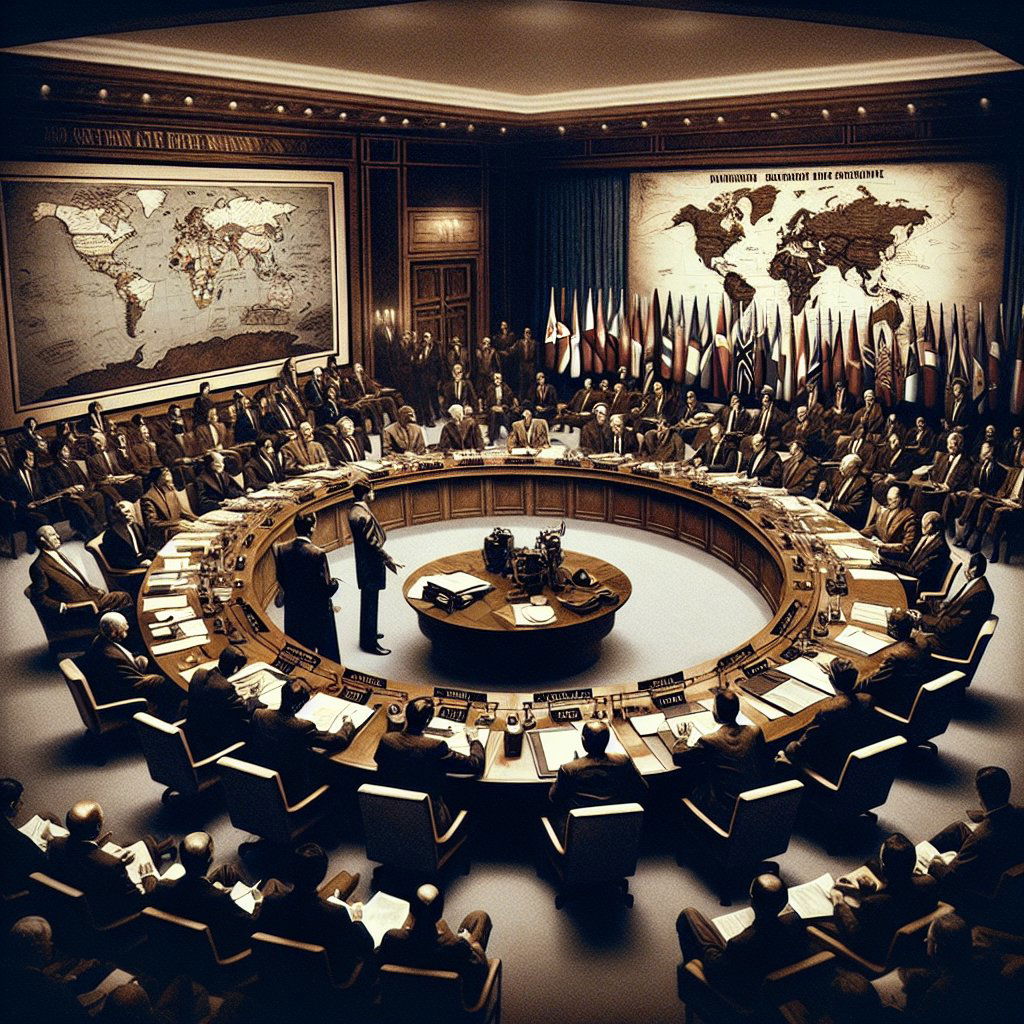Image: AI generated for illustration purposes
Philippine Government Seeks to End Decades-Long Insurgency Through Renewed Peace Talks
The Philippine government, after years of enduring a turbulent relationship with the Communist Party of the Philippines (CPP) and its military wing, the New People's Army (NPA), is set to re-engage in peace talks in an attempt to bring an end to over 50 years of ongoing conflict. This critical decision to resume negotiations, announced on a Tuesday by both involved parties and the facilitator, Norway, may change the course of the nation’s political and social landscape.
The announcement signifies the restart of talks for the first time since 2017, when discussions deteriorated and were subsequently abandoned during the tenure of former President Rodrigo Duterte. With the facilitation of Norway, which has been involved in mediating the island nation's peace process for two decades, there is renewed hope for a resolution that will address “deep-rooted socioeconomic and political grievances", as per the joint statement.
Famed for being Asia's longest-running communist insurgency, the conflict between the government and the NPA peaked during the 1980s, leaving a grim trail of more than 40,000 lives lost. Originally a sizeable group of 26,000 fighters, the NPA has significantly dwindled in numbers to a few thousand active combatants today, largely due to the government’s efforts offering financial incentives and livelihood opportunities to those who surrender.
In contrast to previous peace talks, the Filipino government has not declared an immediate ceasefire, stating their counter-insurgency operations against the armed group will persist. Yet the military's chief, Romeo Brawner, shared a sentiment of optimism, hopeful that an eventual peace deal will pivot the armed forces’ focus towards "external or territorial defense" rather than insurgency.
The renewal of peace talks under President Ferdinand Marcos Jr. comes after a move to grant amnesty to various rebel groups, a stark contrast to his predecessor’s stance. Less than a week prior to this announcement, Marcos Jr. had issued an order providing amnesty to former members of the communist insurgency, absolving them of criminal charges for acts committed in pursuit of their political beliefs, signaling a fresh approach in addressing the longstanding civil strife.
If successful, this new round of peace negotiations could facilitate the transformation of the NPA from an armed group to a legitimate political body, ultimately reflecting a desire to pivot from a history of violence into a future of political discourse and representation.
As these negotiations commence, the stakes are high for the Filipino nation, with hopes resting on a peaceful resolution that could heal divisions and set the country on a path towards unity and progress after decades of bloodshed and unrest.










